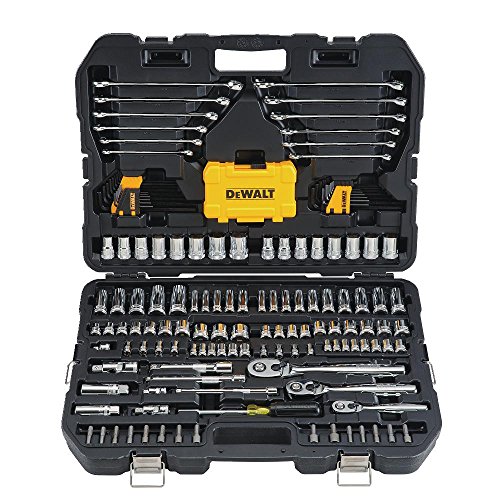Jeffrey Lee
Member
- Joined
- Feb 3, 2018
- Messages
- 21
- Reaction score
- 0


This LP regulator is installed on a chassis-mounted propane tank & system on a small campervan. The original regulator was replaced in 2004, which then failed and was replaced in 2017. I just noticed this 2-year-old reg. is now leaking.
The first replacement was a Marshall brand, the most recent a Cavagna brand, and the typical failure mode is that they spontaneously begin leaking the brown, oily fluid often known as 'onion oil,' added to LP as a safety odorant. They usually leak from the second-stage diaphragm housing, though my autopsy on a previous reg. revealed a brown, goopy mess inside both diaphragm housings. The rubber diaphragms themselves appeared to be intact, and continue to function, but I am concerned that this indicates a failure.
Before I take it to a local RV specialist, has anyone here seen similar failures? Appreciate any ideas on the cause!









































































